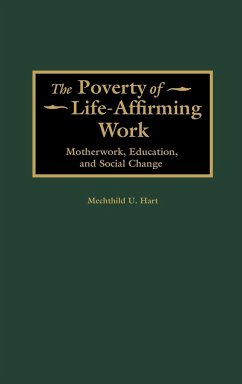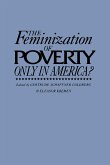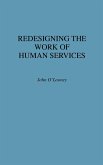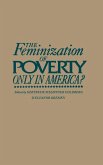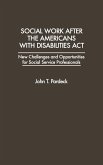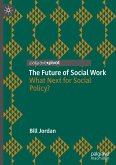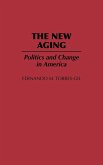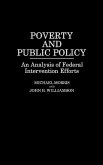While society may applaud middle and upper class women who decide to stay home to raise their children, there exists a decided abhorrence for single mothers, welfare queens, who collect public funds but do not work. Here, Hart challenges traditional notions of welfare mothers by providing first-hand accounts of poor urban mothers and revealing the life-affirming and moral aspects of their motherwork--a form of subsistence work, involving many tasks that incorporate the physical, psychological, emotional, and spiritual dimensions of life. Though the mothering work these women do is vilified in public discourse as unnecessary and unwanted, the author contends that the ethical and epistemological dimensions of life-affirming work--a key component of motherwork--not only structure social-political activism but also educational efforts that are oriented towards radical change. Concrete experiences of motherwork, policy analyses regarding welfare reform, efforts oriented towards educational and epistemological border-crossings, and collective struggles for social change are examined here in a larger theoretical, political-economic framework. Pulling together the many strands of different theoretical fields addressing issues related to critical/transformative pedagogy, community activism, and forms of unpaid work, this unique work calls for the unlearning of ways of thinking and feeling which uphold prejudices and life-threatening social-political hierarchies. While the public may sneer at women who choose to accept welfare in order to stay home to raise their children, these mothers must continue to perform this invisible work in order that their children may break the cycle of poverty in which they are entrenched. The author examines ways in which these mothers organize and carry out educational efforts and political work in the context of extreme poverty and against the harsh criticisms of an unforgiving public. Ultimately, Hart hopes to convince the public of the inherent importance of motherwork and break down the prejudices that have worked against the urban poor and single mothers.
Hinweis: Dieser Artikel kann nur an eine deutsche Lieferadresse ausgeliefert werden.
Hinweis: Dieser Artikel kann nur an eine deutsche Lieferadresse ausgeliefert werden.

